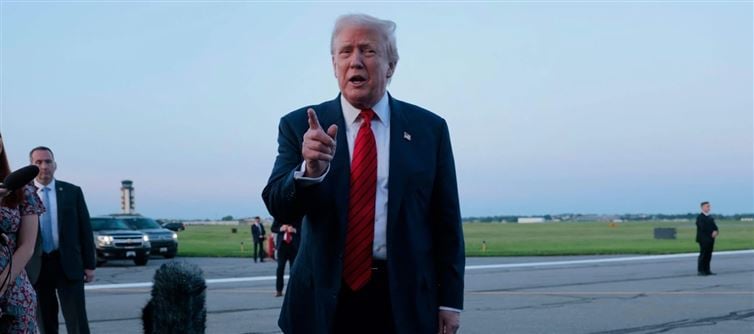
Trump’s critique extends to a moral dimension, claiming that India’s actions demonstrate a lack of concern for the human toll of the ongoing conflict in ukraine, where he alleges the Russian war machine—funded in part by such oil revenues—is responsible for numerous deaths. This move signals an escalation in U.S. economic pressure on nations engaging with russia amidst the ukraine war, reflecting Trump’s broader foreign policy stance.
The tariff threat is framed as a direct response to India’s trade practices, with trump asserting that these actions indirectly support Russia’s military efforts. By purchasing discounted Russian oil—made available due to Western sanctions following the 2022 invasion of Ukraine—India has positioned itself as a key player in global energy markets, often reselling the oil at a profit. This has drawn ire from the U.S., which has been a vocal advocate for isolating russia economically to curb its aggression. Trump’s post, signed with his initials "President DJT," includes a call for attention to the matter, suggesting that the tariff increase is intended as both a punitive measure and a diplomatic signal to align global trade with U.S. geopolitical interests.
The announcement has sparked immediate reactions and raised questions about the future of U.S.-India trade relations. india, a strategic partner and counterbalance to china in Asia, has historically maintained a "steady and time-tested" relationship with russia, including in the energy and defense sectors. The tariff hike, set to impact India’s $87.4 billion worth of exports to the U.S. in 2024, could strain this partnership, especially as india has defended its oil purchases as a means to ensure affordable energy for its population.




 click and follow Indiaherald WhatsApp channel
click and follow Indiaherald WhatsApp channel